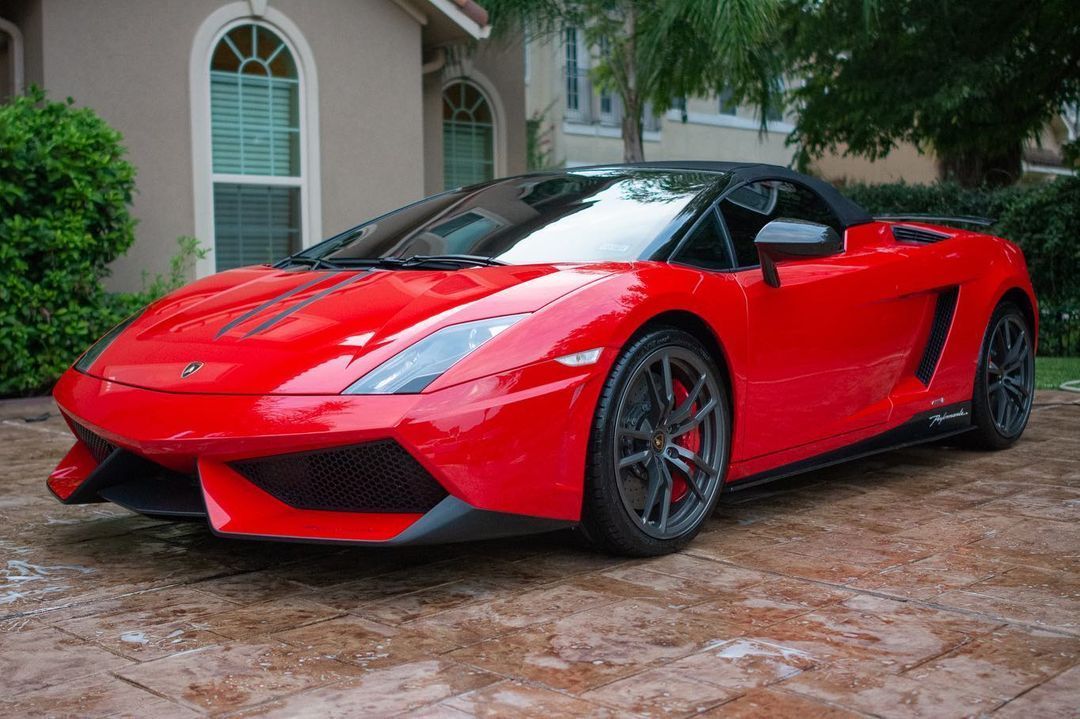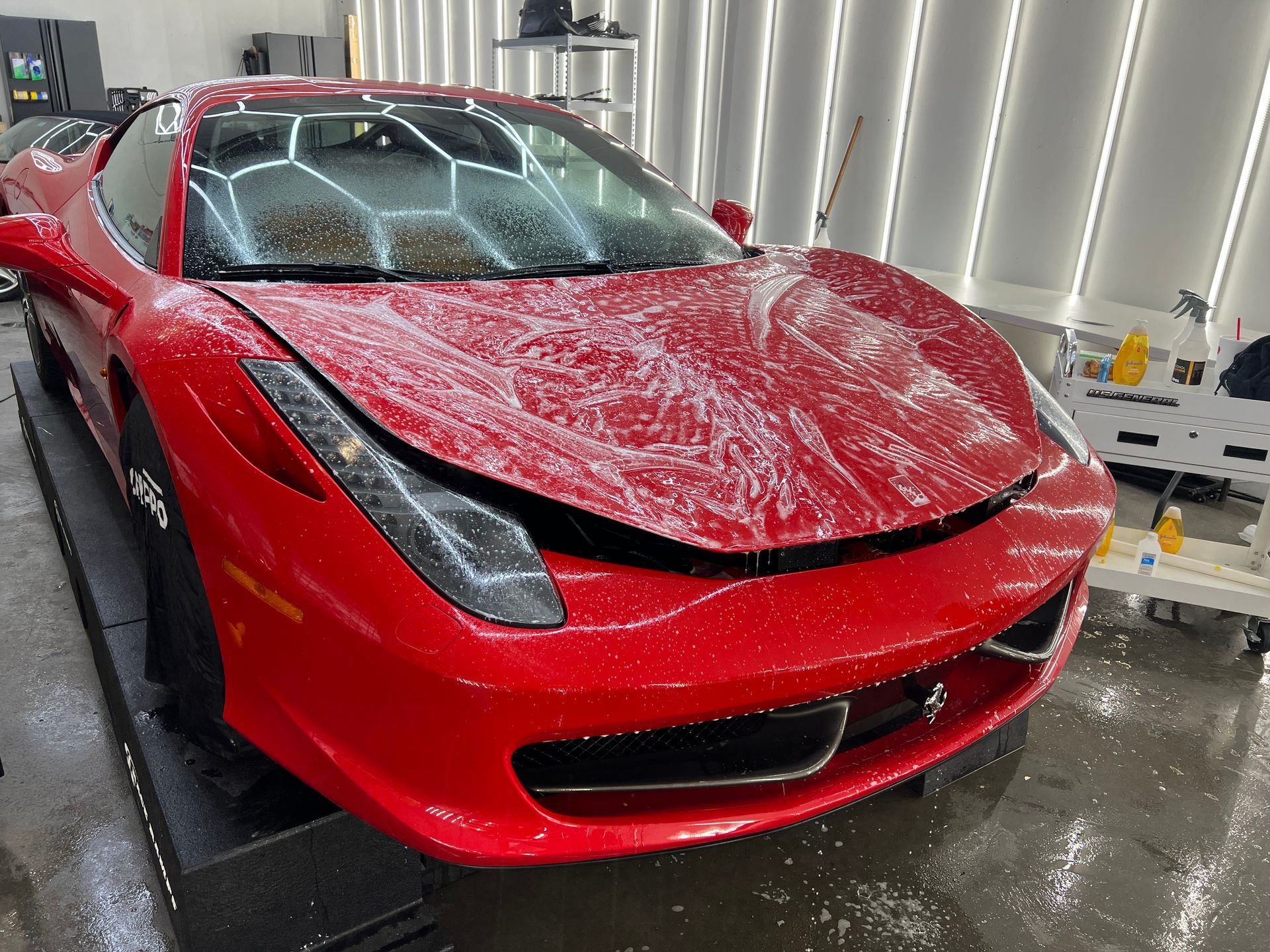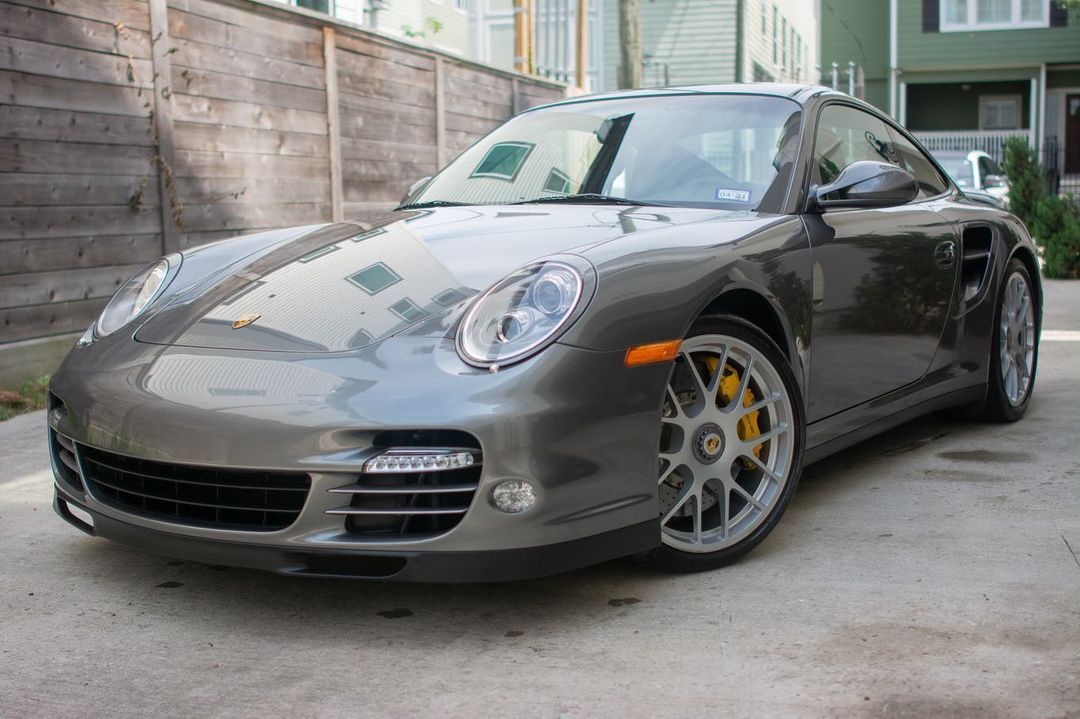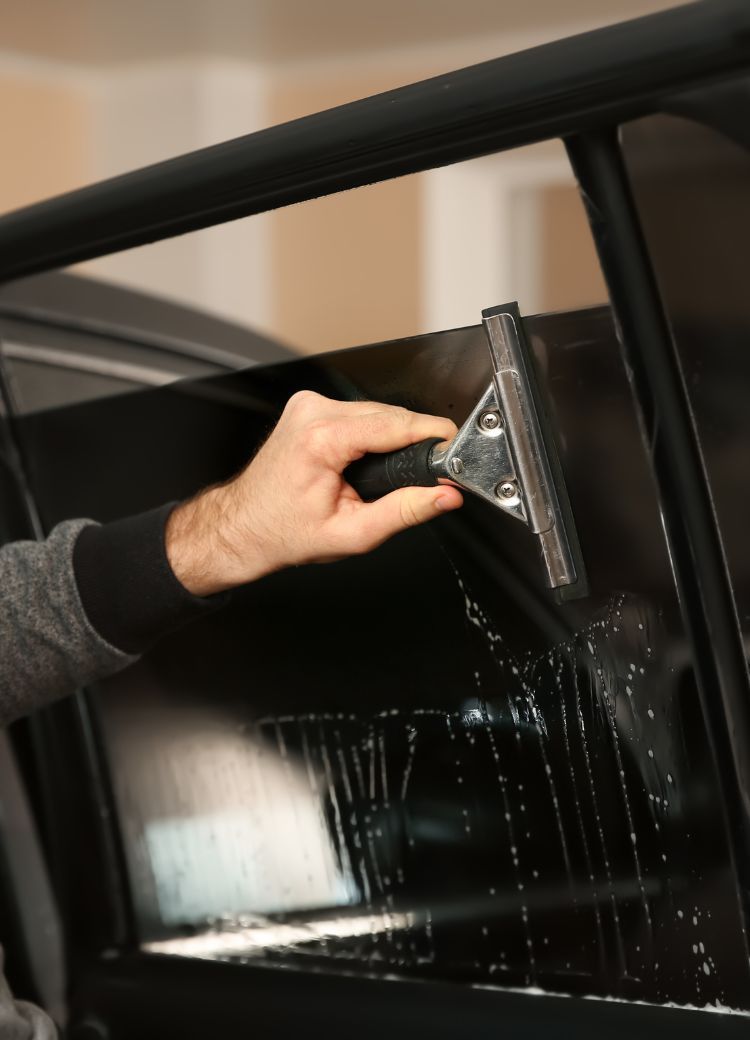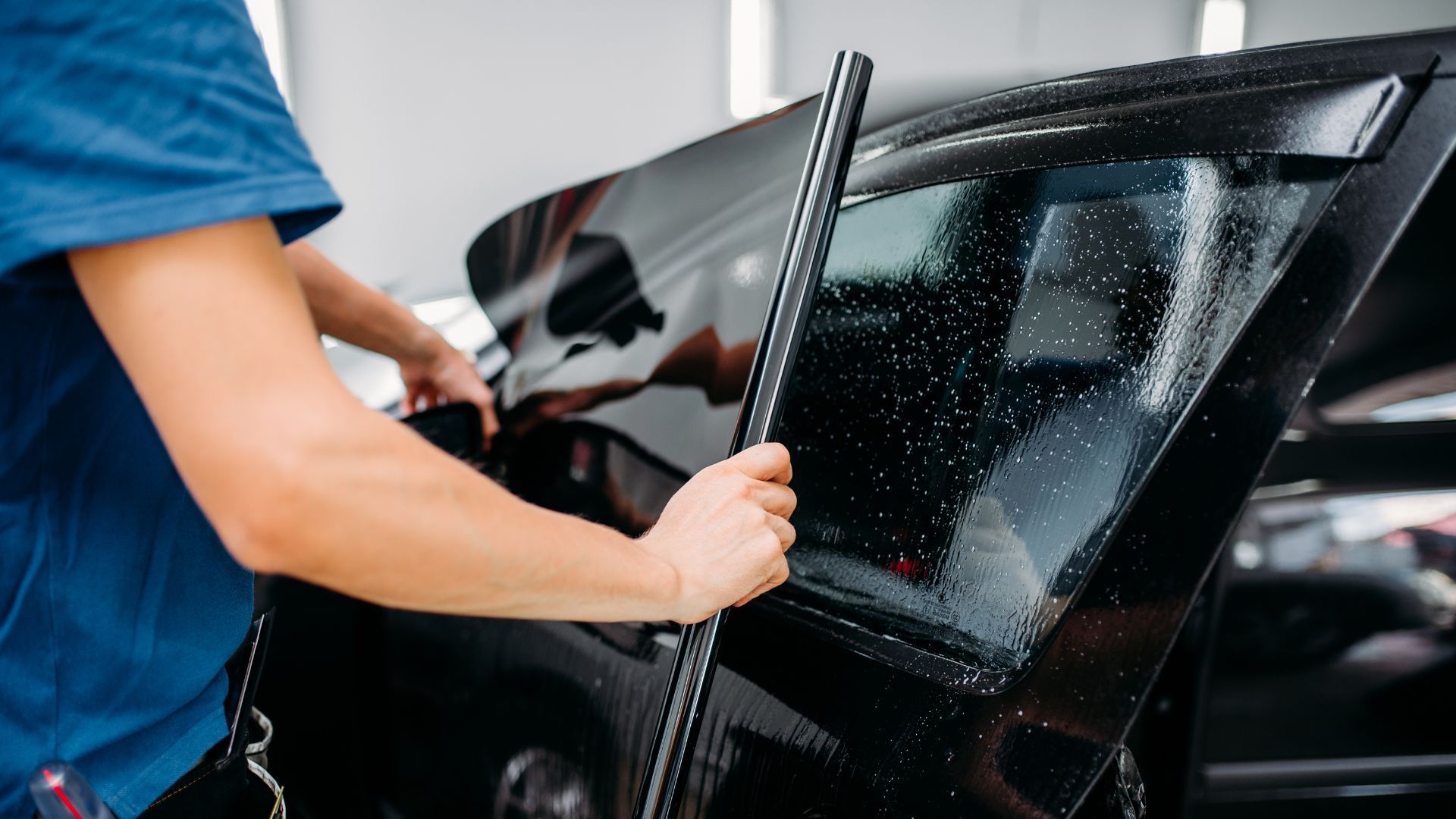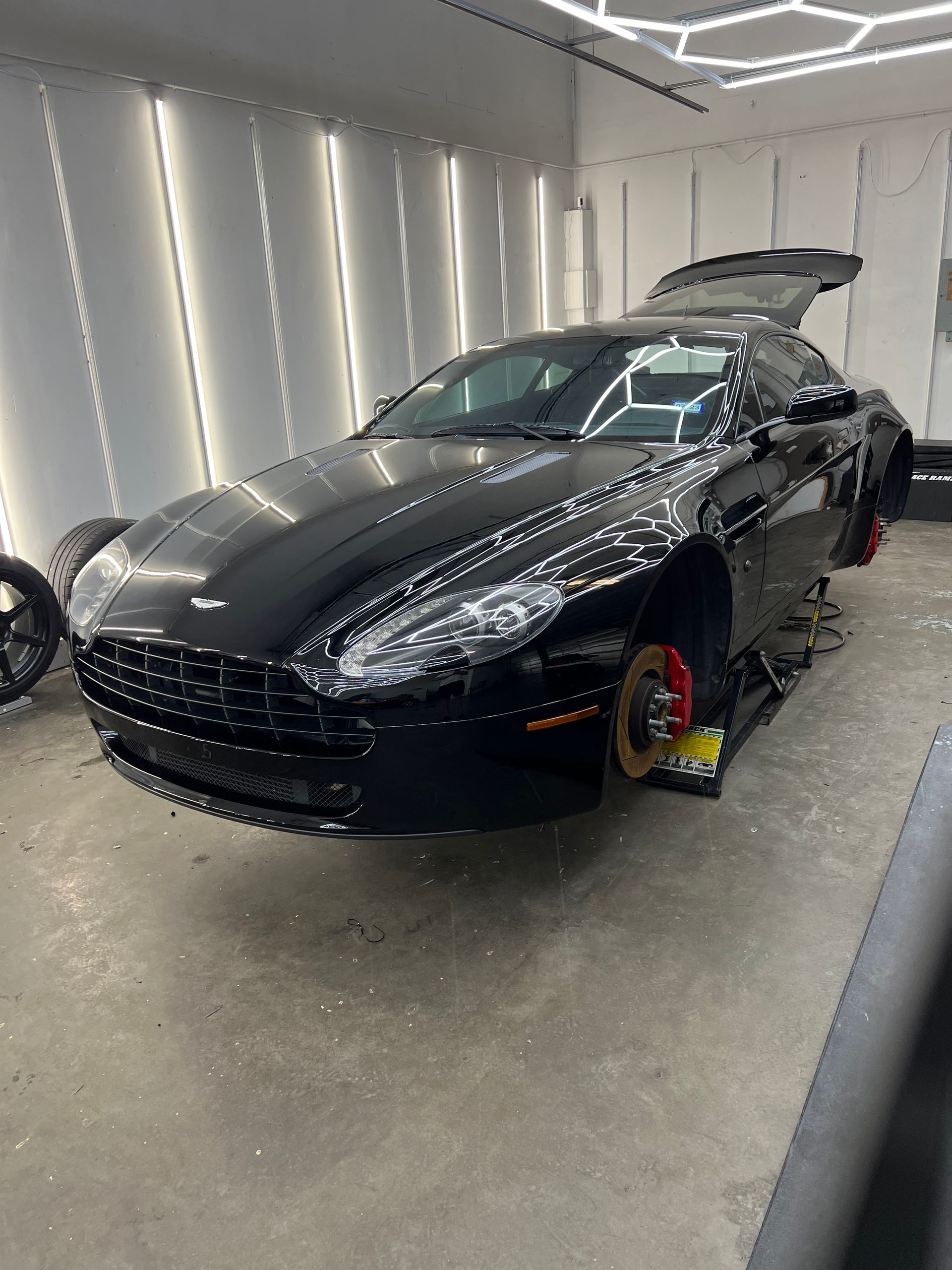Auto Window Tinting: Choosing the Right Installer for Quality Services
CALL (979) 264-9793
GET A FREE ESTIMATEWhen it comes to enhancing your vehicle's comfort and style, window tinting is often overlooked but incredibly valuable. It's easy to think of window tinting as just a cosmetic upgrade, but the benefits extend far beyond aesthetics. From blocking harmful UV rays and reducing heat to improving security and privacy, tinted windows can transform your driving experience. But before diving into the world of auto window tinting, it's crucial to understand the factors that contribute to a quality installation. Choosing the right installer can be just as important as selecting the type of film you want.
When selecting an auto window tinting installer, consider factors such as their experience and reputation, the quality of the materials they use, customer reviews, and warranty offers. Additionally, it's important to ensure that the installer comply with local regulations regarding window tinting.
Benefits of Automotive Window Tinting
Automotive window tinting offers a variety of benefits, making it an increasingly popular choice for car owners. From enhanced privacy to UV protection, the advantages of tinted windows go far beyond just aesthetics. Below are some of the key reasons why you might consider adding tint to your vehicle.
- Enhanced Privacy and Security: One of the most noticeable benefits of window tinting is improved privacy. When your vehicle is parked in a busy area, tinted windows prevent outsiders from seeing inside, protecting your personal belongings. This added layer of security discourages thieves, reducing the likelihood of break-ins and giving you peace of mind while you're away from your car.
- UV Ray Protection: High-quality window tints block harmful ultraviolet rays, which is essential for protecting both your health and your vehicle's interior. Prolonged exposure to UV rays can lead to skin cancer and cause damage to the car’s upholstery, such as fading and cracking. Installing window films shields you and your passengers from these risks while also preserving your car’s interior for longer.
- Heat Reduction: Tinted windows can significantly reduce solar heat, making your car more comfortable during hot weather. High-performance tints reflect heat away, easing the burden on your air conditioning system and improving overall fuel efficiency. With less heat entering the cabin, your vehicle stays cooler, and your AC uses less energy to maintain a comfortable temperature.
- Aesthetic Appeal and Resale Value: Beyond the practical benefits, window tinting enhances your vehicle's overall appearance. A sleek, uniform look is often favored by car owners and can elevate the style of any vehicle. Additionally, tinted windows help maintain the condition of your interior, potentially increasing your car’s resale value when it’s time to sell or trade in.
With so many practical and aesthetic advantages, automotive window tinting offers a range of benefits for both you and your vehicle. Whether you're looking to increase privacy, protect your health, or enhance your car’s look, the right tinting option can make a significant difference.
Types of Window Tinting Films
When it comes to automotive window tinting, the variety can feel overwhelming. However, familiarizing yourself with the different types can make the choice much easier. Each type of film brings its own unique benefits and drawbacks based on materials, technology, and purpose, allowing you to select one that fits your needs.
- Dyed Window Tint: This option is the most budget-friendly for car owners. It utilizes a dye layer that absorbs solar heat but offers only moderate protection against UV rays and heat reduction. While it's aesthetically pleasing and gives a darker appearance, dyed tints may fade over time, especially when exposed to prolonged sunlight. Choosing this tint means accepting its limitations in terms of longevity and performance, but many still opt for it due to its low price point.
- Metalized Window Tint: Metalized window tint takes durability a step further by incorporating tiny metallic particles that reflect heat and UV rays away from your vehicle. This ensures better heat rejection compared to dyed films, making it a solid choice for those who live in warmer climates. However, be cautious: while these films are resilient and help reduce glare, they may interfere with electronic signals used in devices such as mobile phones or GPS systems. So if you're an avid tech user on the road, this might be something to consider when weighing your options.
- Ceramic Window Tint: The crème de la crème in window tinting is undoubtedly ceramic window tint. Unlike other types, ceramic window tint films are made with non-metallic and non-conductive ceramic particles, providing exceptional UV protection and heat resistance without compromising electronic signals. Although these films come at a higher price point, their performance is unmatched. They maintain clarity and resist fading over time while providing long-term benefits of superior temperature control inside your vehicle.
Understanding these options sets the stage for finding a skilled professional who can provide quality service tailored to your specific needs.
Selecting a Professional Installer
Choosing the right installer for your auto window tinting is essential for achieving durable and high-quality results. A good installer doesn't just slap on some film; they bring expertise, craftsmanship, and care that can make all the difference in both appearance and longevity. It’s about finding someone who understands the unique requirements of your vehicle while also adhering to city regulations regarding tint levels.
Check Credentials and Experience
Always ask potential installers about their certifications and years in service. This should be your first point of inquiry—after all, the longer someone has been in business, the more likely they are to have the necessary skills. However, don't stop there; dig deeper by finding out whether they have specific experience with your car's make and model. Some vehicles may have unique features or challenges that require specialized knowledge. An experienced installer will navigate these constraints better than someone without that background.
Verify Guarantees and Warranties
One of the simplest ways to gauge an installer's confidence in their work is by checking what type of warranties they offer on both labor and materials. A reputable installer should stand behind their work, meaning warranties should last several years at the minimum. The presence of a solid warranty isn't just a formality; it's a strong indicator that they believe in the quality of their installations. If something goes wrong—whether due to a manufacturing defect in the film or installation error—you’ll want assurance that you'll be taken care of.
Read Reviews and Testimonials
Reliable feedback from other customers can serve as a guiding light when choosing an installer. Reviews and testimonials offer valuable insights into the installer’s reliability, professionalism, and quality of work. Be sure to look for consistent positive experiences and specific examples of their expertise in ceramic coating or paint protection services. This will help ensure you select a trusted professional who can deliver the results you expect.
Visit the Shop
There’s no substitute for a hands-on visit. When you walk into a potential shop, pay attention to its overall cleanliness and organization—these qualities often reflect professionalism. Are tools and materials well-kept? How do staff members treat you? Friendly, attentive customer service can be a great sign that you’re in good hands. Don’t hesitate to ask for a demonstration of their work techniques or an exhibition of completed projects. Observing their process firsthand will help assure you that you're making the right choice.
By taking these thoughtful steps when selecting your professional installer, you lay the groundwork for successfully enhancing your vehicle's appearance and protection.
DIY vs. Professional Tinting: Pros and Cons
When considering whether to tackle window tinting yourself or call in professionals, several factors come into play. Let's explore these aspects to equip you with the knowledge needed to make an informed choice.
Pros of DIY Window Tinting
- Cost Savings: One of the most appealing benefits of DIY window tinting is the potential for significant cost savings. A professional job can run anywhere from $200 to $500 depending on your vehicle and tint type. In contrast, DIY kits may only set you back about $30 to $100.
- Convenience: Another advantage is the convenience of working on your own schedule. Whether it's a Friday evening or Sunday afternoon, you can choose the time that works best for you—no appointments necessary.
Cons of DIY Window Tinting
- Skill Level: Successfully applying window tint requires a certain level of skill and patience. It’s not just about slapping a piece of film on glass; achieving clean edges without bubbles or creases often feels like an art form. If you're not comfortable with precision tasks, you might end up with less-than-perfect results.
- Quality: Many DIY kits do not match the quality offered by professionals. They may fade or peel more quickly under direct sunlight, leading to extra costs down the line. DIY tints also often lack UV protection and heat rejection capabilities, which can affect the comfort and efficiency of your vehicle over time.
Pros of Professional Window Tinting
- Expertise: Professional installers bring specialized knowledge and experience, ensuring the tint is applied smoothly and evenly. They use high-quality tools and materials, which results in a flawless finish with no bubbles, creases, or misalignments.
- Long-Term Durability: Professionals use premium-grade films that tend to last longer and maintain their appearance better than most DIY options. This means fewer issues with fading or peeling, saving you money in the long run.
- Time-Saving: Opting for professional auto window tinting saves you time. The installation is typically faster and more efficient, leaving you with a finished product. Professionals also ensure the job is done right the first time, so you won’t have to spend additional time fixing mistakes or reapplying the tint.
Cons of Professional Window Tinting
- Higher Cost and Inconvenience: The main downside of professional auto window tinting is the cost. With prices ranging from $200 to $500, depending on the vehicle and type of tint, it is a more expensive option than DIY. You may also need to leave your vehicle at a shop for several hours, which could be inconvenient if you have a busy schedule or need your car right away.
By examining these points carefully, you're better equipped to determine which method aligns best with your needs and budget for window tinting. In making your decision, weigh your priorities carefully—whether it’s affordability or quality and durability that tops your list will guide you toward the best option for your auto tinting needs.
Reliable Window Tinting Services in Houston, TX
Enhance your driving experience with Bouley Detailing’s
reliable window tinting services in Houston, TX. Our high-quality tints not only provide a stylish look but also offer superior protection against heat, glare, and harmful UV rays. Expertly installed to ensure durability and a flawless finish, our window tints are designed to keep your vehicle comfortable and your interior protected. Schedule your tint installation today and enjoy the perfect balance of functionality and style. Call us at (979) 264-9793 to get started!
Bouley Detailing Blog
